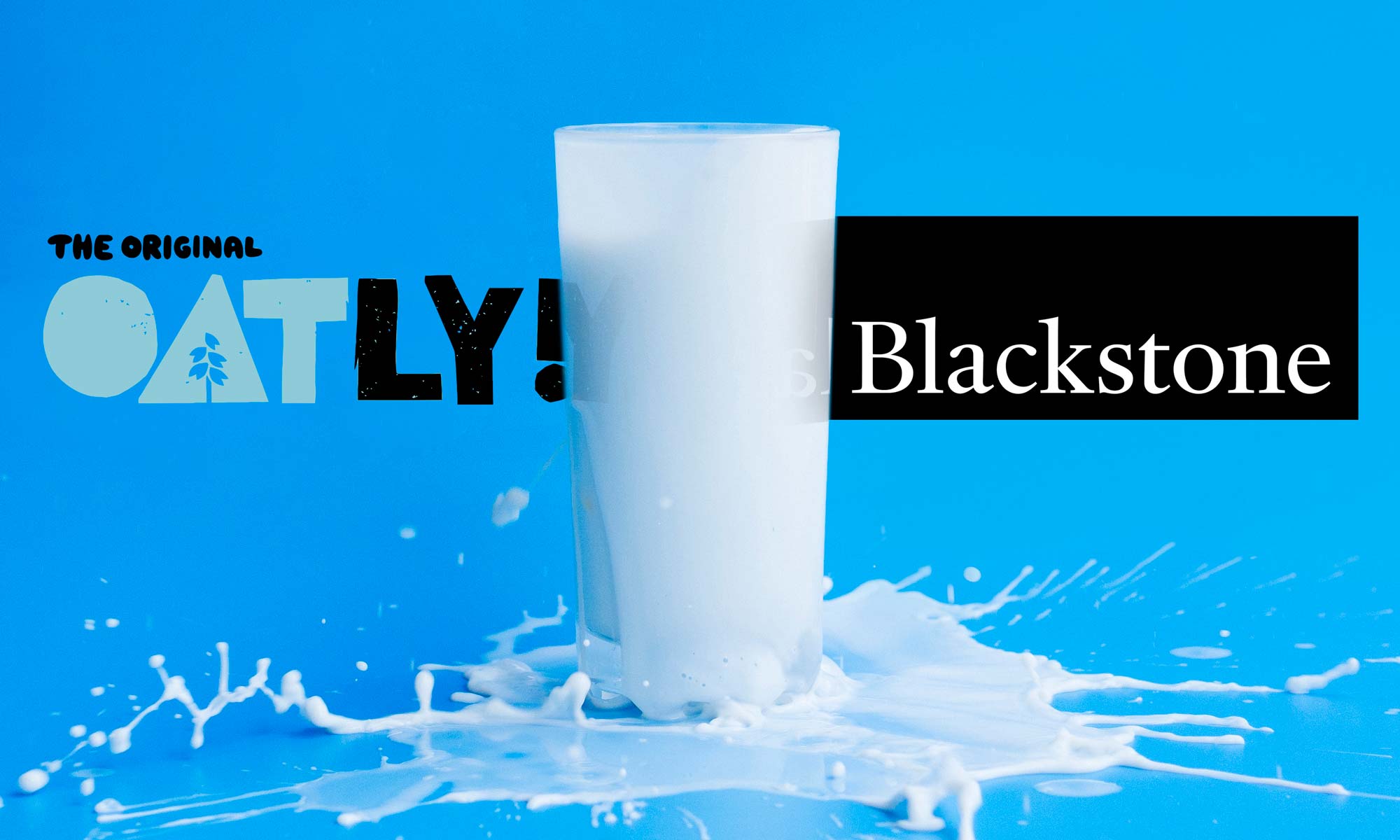Swedish Oat milk brand, Oatly, faced consumer backlash with widespread calls to boycott the brand, following a $200m investment from the Blackstone Investment Group – a company accused of contributing to Amazon deforestation.
Discovered that @oatly has partnered with Blackstone – an investment company who part own companies who are responsible for Amazon deforestation. I have done a full information post on Instagram and will from now on be moving my own purchases elsewhere
Thread key points: pic.twitter.com/8jn2bFKAg6
— Laura Young (@LessWasteLaura) August 29, 2020
Oatly defended their choice of investment partner by claiming that, money that would otherwise have gone into non-sustainable businesses, was being redirected and used to make “investments greener”.
When the story hit social media, there was swift, vocal condemnation from Oatly consumers, activists, and the media. How could a brand rooted in sustainability partner with someone linked to the destruction of the Amazon rainforest?
Let’s get something straight – Oatly was never going to ‘win’ this issue. But there are important lessons brands can takeaway from how Oatly responded online:
1. Social media forces brands to be accountable
An investment issue, usually reserved for niche publications, was brought into wider public debate via social media, forcing Oatly to explain their decision.
Tip: Social media is a magnet for conscious consumer challenge and should be top of the list when preparing for any major business announcements.
2. Never shy away from controversy
Oatly accepted up-front that their decision would divide opinion, and they put their case strongly across multiple channels, utilising multiple content formats.
Tip: Organisations facing challenge on key decisions, should prepare to make their case strongly, repeatedly and use the reach of multiple platforms.
3. Tell YOUR story, but remember…nuance will get lost on social media
Oatly argued the investment was supporting sustainable business, redirecting it from less conscientious causes. This was a strong rebuttal and communicated well. But the majority of social media users ignored this and focused instead on Blackstone or dismissed Oatly’s justification as pure PR spin.
Tip: Always remember, keep your top line messaging simple, clear, and easy to articulate quickly. Keep the detail for more in-depth comms with key stakeholders.
4. Respond to critics’ head on… and as quickly as possible.
Oatly respected that people objected to their decision. They replied to their critics directly and this helped limit brand damage in the short term.
Tip:: It is not possible to please all of the people all of the time, but responding promptly and with compassion goes a long way to maintaining brand reputation, even when faced with widespread criticism in the short-term.
Oatly knew their announcement would be unpopular and there would be vocal opposition. But they didn’t shy away from the controversy – there was no clever messaging that tried to deflect the criticism. Oatly accepted and acknowledged it. They faced it head on and they focused on the story they wanted to tell.
This should be a lesson for all brands.
Source Milk Splash image by Freepik






